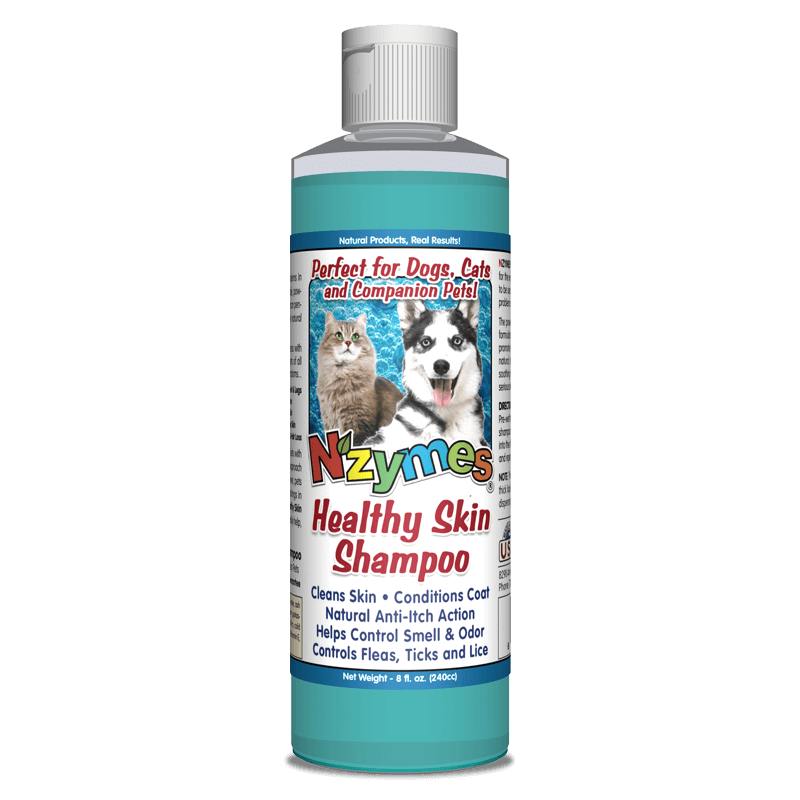Not nuts about your dog smelling like Fritos?
I love Fritos. You know – those salty, crunchy corn chips – perfect for every occasion. I believe Fritos are what God intended when he made corn (and I suspect the Mayans would have discovered the Frito long ago had they not been distracted by the discovery of beer).
My point is, I just love Fritos! No dip is complete, no party is really started without the smell of a freshly opened bag of Fritos or similar corn chips. But this is not an editorial about party snacks… This is about something distantly related to the inviting smell of Fritos, yet decidedly inedible…Dog feet! Or, at other times – it may be the ears expelling this pungent Odor!
That’s right. Strangely, I didn’t quite get it – why a foot (or troubled ear) would smell somewhat like my favorite style of corn chip? That’s just wrong. Nevertheless, I was curious to know why a dog’s paws, ears or other body parts, could have accumulated this pungent smell. While pleasant on the snack table, certainly NOT so pleasant on the pet.

Ready?
It’s caused by bacteria and yeast…nestled deep in the dark, moist, furry folds of paw pads (or ear crannies); perfect breeding grounds for trillions of bacteria and expelled yeast cells that the bacteria are feeding on!
Gross? Yes… but, is this a serious ‘paw’ problem? Not necessarily.
First, it’s worth noting that many folks have already decided that this corn foot thing is ‘normal’ – just Google ‘Frito feet’ and settle in to read some entertaining material.
Does Your Dog Smell Like Fritos?
Just because something is common, doesn’t make it normal. Common sense will tell us that it’s easy for dark, moist places to develop a bacterial or yeast infection – but, it is wise to understand that it’s possible, and even more likely that the yeast that’s in this equation is coming from somewhere else – in a predictable manner. Let me elaborate on that statement…
Yeast and bacteria can grow big and fast. And so can the smell. While there are home remedies, washes, and shampoos that can help get things back under control topically, diet and nutrition also play a big part in prevention or ‘correction’ of the problem. You surely don’t want to ignore it, OR you could end up stuck in a veterinary “revolving door syndrome” like other folks bitten by the ‘Allergies in dogs’ theory.
More importantly, some further investigation is likely in order…Especially true if the Frito-chip smell is accompanied by other issues, such as endless paw licking or biting, excessive itching of the dog, and other possible skin issues. I recommend you take a full assessment of your dog – for other symptoms/issues that may not be as pronounced as the troublesome smell. Why? Because, the chances are very high that this yeasty ‘Fritos odor’ is tied to one of the most “out of control” dog health issues of our modern times – Yeast overgrowth issues, a digestive system imbalance that can be a serious challenge to reverse. To learn more, and see how this might be related to what you’re dealing with, as well as how to start turning things around, click here – Yeast in Dogs.
Nzymes COMMENTS: Fortunately, it’s hard not to pay attention to this particular odor problem! You won’t need to get down on hands and knees to take a sniff every night. Unless your nose is stuffed up, you’ll be reminded of the issue each time you walk into your house and detect that not-quite-so inviting Frito-ish smell. Unfortunately, this smelly problem can get SO BAD that it’s well beyond the ‘making jokes about Fritos’ stage. This is because the ‘smell/odor’ problem in dogs – related to yeast overgrowth – is among the hardest-to-deal-with symptoms common to Yeast candida issues. If you have this Odor problem with your dog, it is very likely there are other symptoms that help define the yeast issue. We advise that you utilize our special Symptom Checker to see what kind of score you come up with, which can further assist with any conversation or assessment. Then, we recommend you give Nzymes a Call (Number below). We’ll help you determine the best approach for your dog. Please understand that any vet-recommended immune suppression meds will allow issues to worsen while temporarily stifling itch symptoms.

